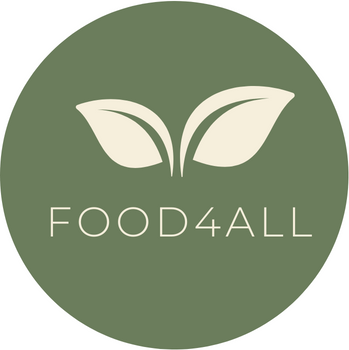Consumers play a crucial role in ensuring food safety throughout the entire food supply chain. Their actions through their everyday choices and practices, can contribute significantly to maintaining food safety at various stages, from purchasing to handling and consumption. The role of the consumers at securing food safety deals with purchasing decisions, since informed consumers can make correct and safe choices by selecting products from reputable suppliers and brands that prioritize and communicate a commitment to food safety. Foremost, they would be able to clearly check and read the food labels, identify allergens, expiration dates, and storage instructions, contributing to safe food handling. Consumers should also stay informed regarding possible recalled products by the authorities while at the same time they should also report any suspected cases of foodborne illnesses to relevant health authorities contributing to early detection and prevention of potential outbreaks. At domestic level, they should use separate cutting boards and utensils for raw and cooked foods preventing cross-contamination whereas, the regular cleaning of kitchen surfaces, utensils, and equipment also reduces the above risk. Last but not least, by becoming environmental conscious (i.e. buying only what is needed, consuming perishable items before the expiration date) reduce food waste and the potential for unsafe food consumption. Do not forget that eating habits are a part of the cause of climate change in terms of environmental sustainability.
2.1 Introduction
0/1
2.2. Definition of food safety and its relation to the supply chain
0/3
2.3 Climate change and its relation to food safety
0/4
2.4 Water and sanitation
0/1
2.5 Social impact of food safety outbreaks
0/1
2.6 Economic Impact of food safety outbreaks
0/1
2.7 The role of consumers
0/1
2.8 Future opportunities
0/1
Conclusions
0/3
Lesson plan
0/1
About Lesson
